
The power of storytelling in climate leadership


Think what could happen if governments shared power to create positive outcomes for people?
The twin challenges facing government
Governments have always faced two serious challenges: bringing about the results people expect while remaining trusted and relevant. Both challenges are equally important and hard to get right – addressing them well requires a new kind of government that values the role everyone can play, working with people from all backgrounds and ideologies to build the future of government together.
To help shape our thinking we’ve been:
Understanding how the Shared Power Principle can address the twin challenges of effectiveness and legitimacy
Listening to communities to help governments strengthen legitimacy
Learning from those who are making it happen
Testimonials
Listening to communities
Though many conversations and effort centred around a more efficient government, not enough attention goes into strengthening the relationships people have with their communities and governments. These fragile relationships make governing even harder. We are on a journey to better understand what people need from their governments, how to help people feel more connected to decision-making and what governments can do to bring both communities and public servants together to solve the biggest challenges of our time.
So far, this journey has focused on how government can be more human, a key aspect of legitimacy. So far, this research has uncovered five key ‘behaviours’ that can help strengthen those all-important relationships.
The five key behaviours
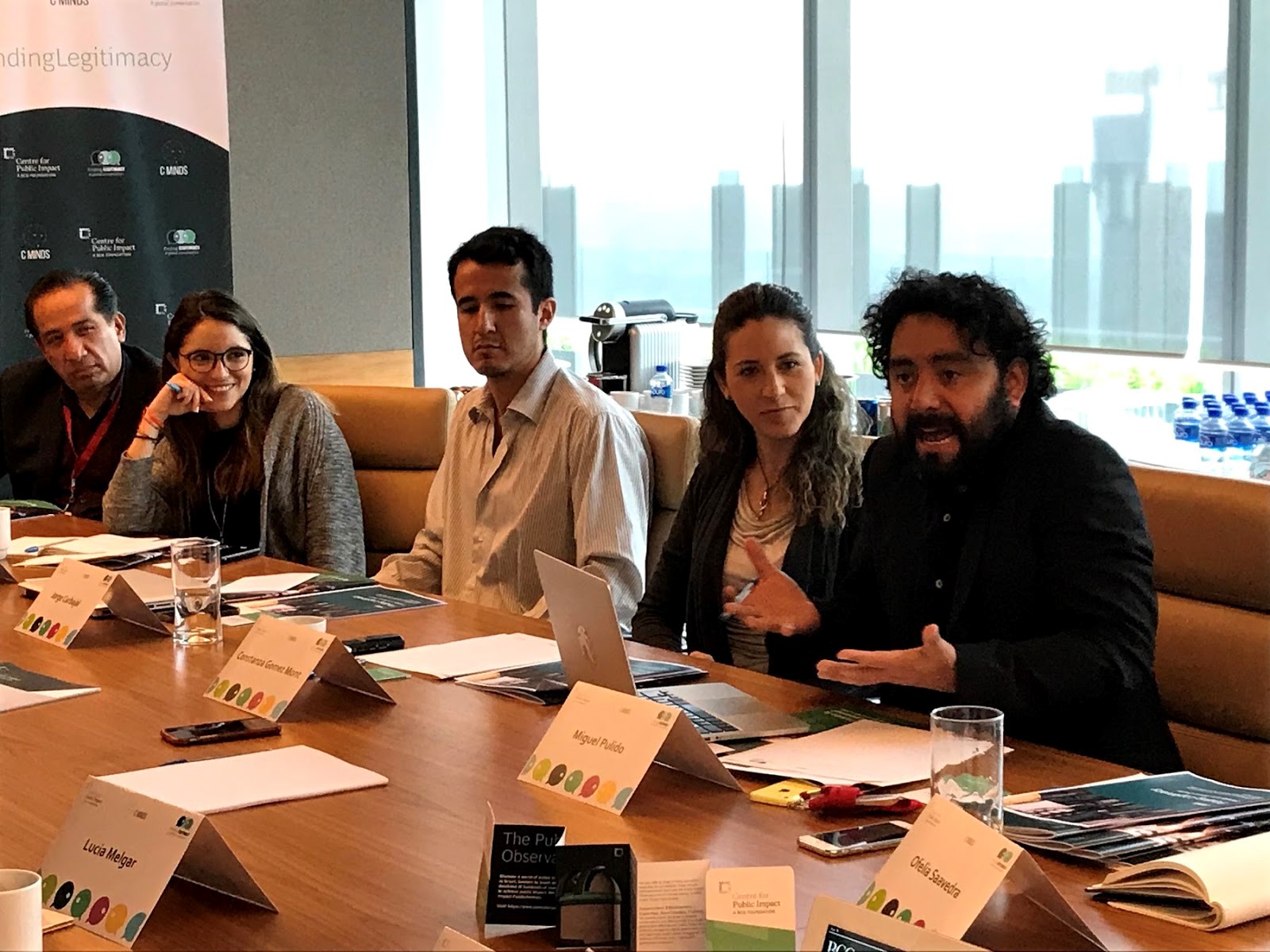
Do people feel that they have a stake in a government? Do they feel any sense of common purpose?
“There’s currently no notion of where to go.” - Participant at the community conversation in Mexico
Find out more about what we heard in Mexico:
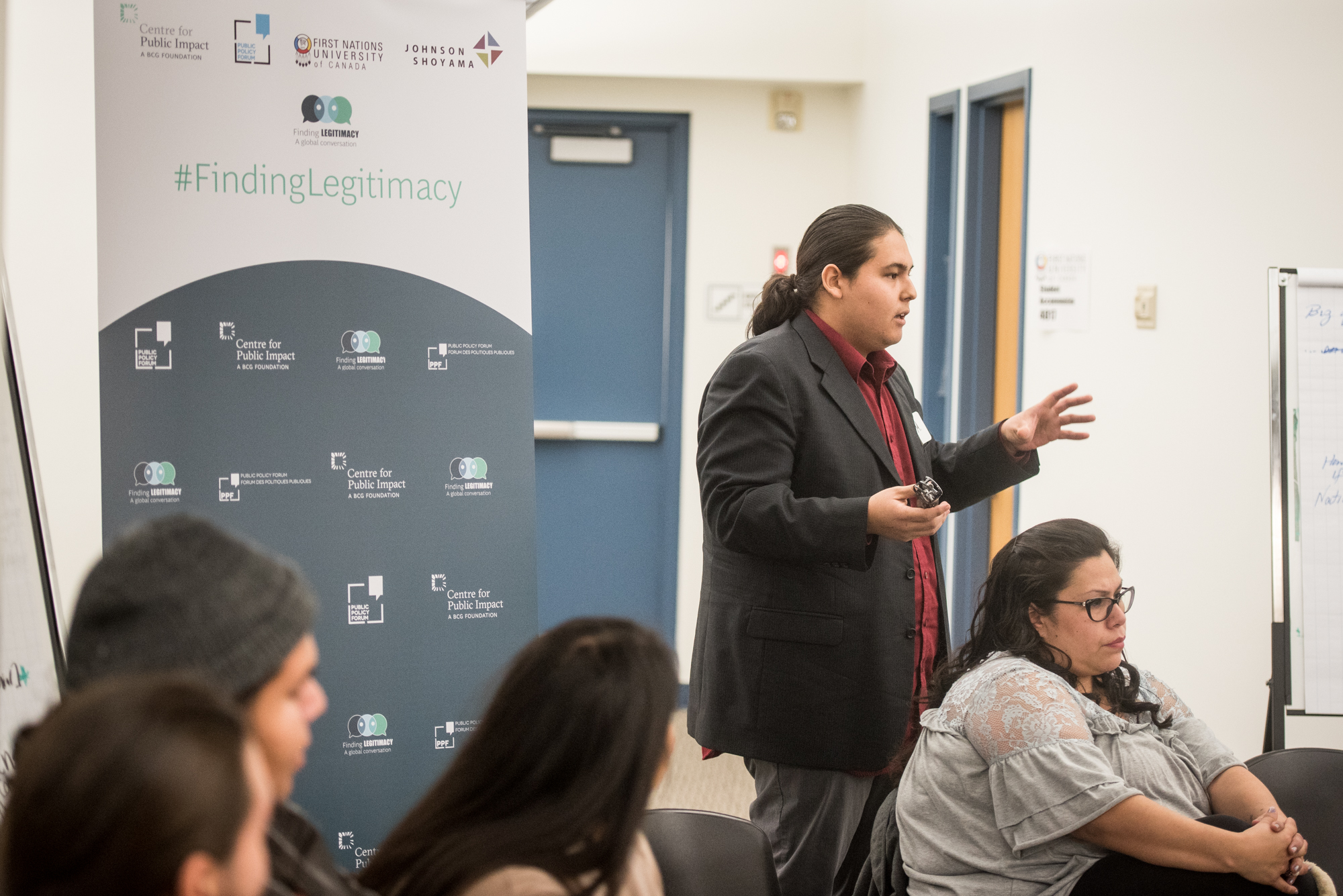
What dominates public services and processes: departmental structures or people’s needs?
"Government feels uncomfortable hearing how indigenous people were hurt" - Participant at the First Nations conversation in Canada
Read more about our conversation in Canada:
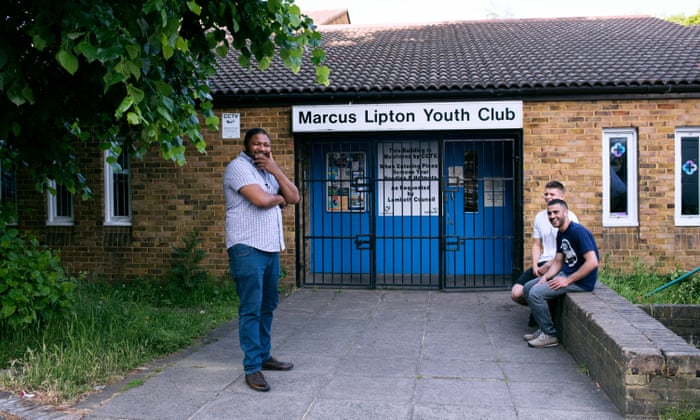
How are individual government representatives and institutions perceived by communities? Do they speak the same language and can they connect with people emotionally?
Listen to what we heard from young people in Brixton.
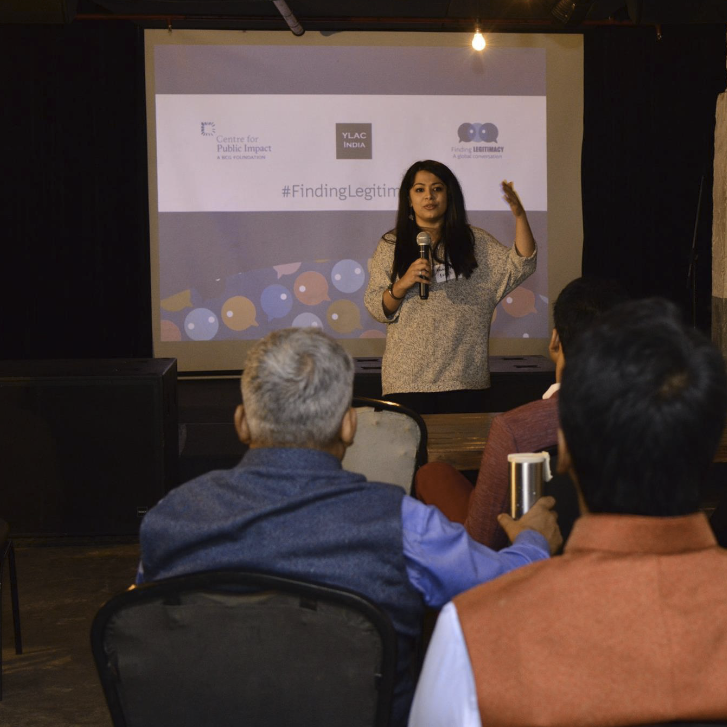
What mechanisms exist to allow the public to understand easily what government is doing, why, and who makes decisions? Are these processes as inclusive and accessible as they could be?
“Legitimacy is strong when there is transparency about what processes the government uses to reach its decisions.” - Participant at the community conversation in India
Find out more:
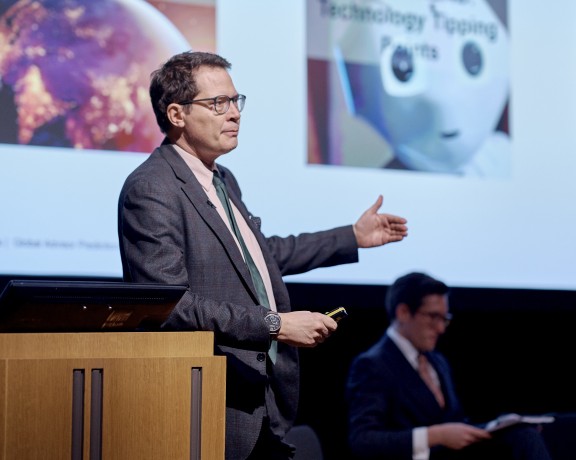
Is consultation just a box-ticking exercise, or is there a general willingness to listen to people’s voices and turn them into action?
"Voters want governments to show they care about them and have listened to their voice" - Ben Page Chief executive of Ipsos MORI.
Hear more from Ben Page:
Related research
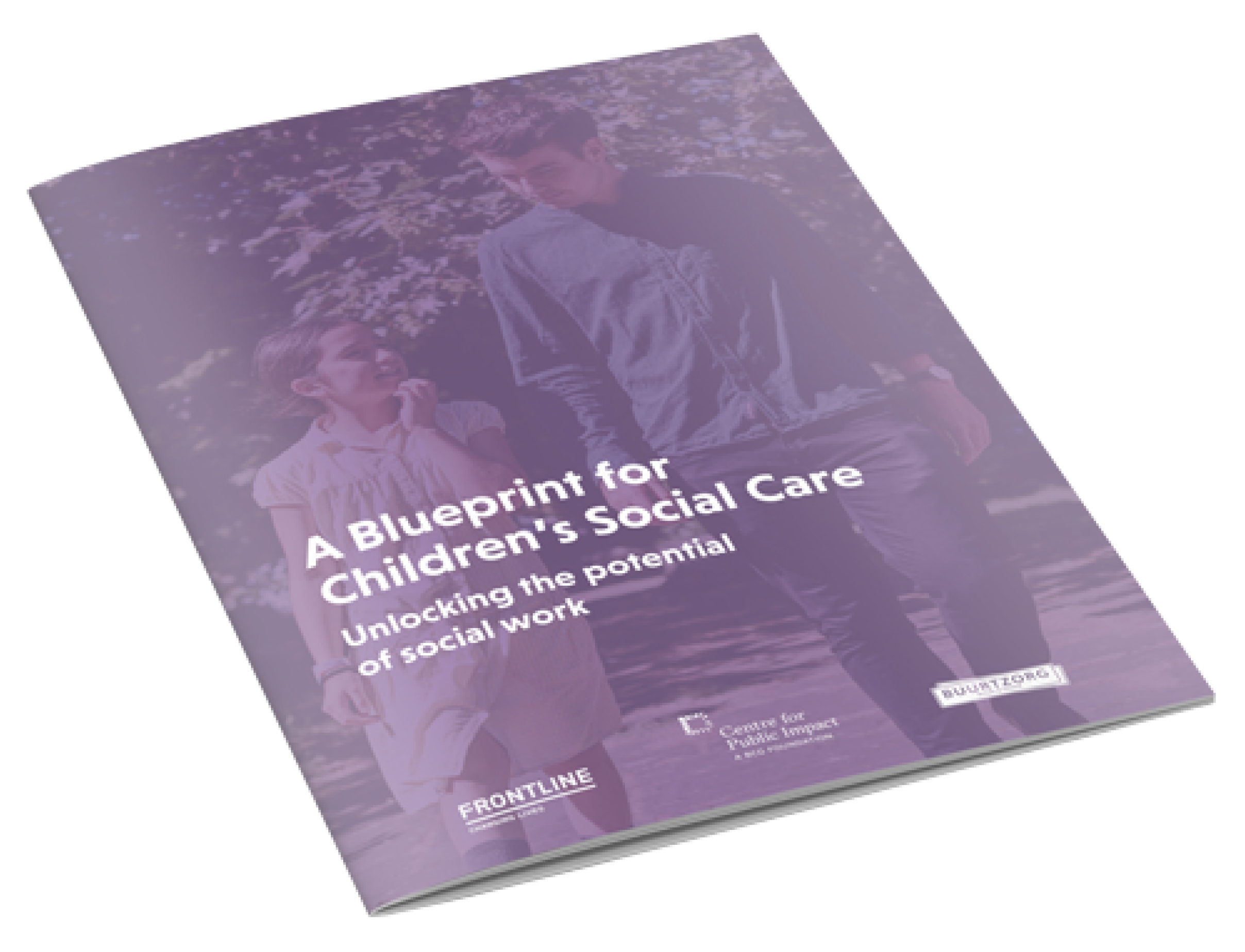
Making it happen. Shared power in action
Inspired by the empowerment of Dutch nurses demonstrated by Buurtzorg, we teamed up with Frontline and Buurtzorg Britain & Ireland to create a blueprint for children’s social care that prioritises relationships between social workers and children and families.
Join the conversation
Have a public impact story to share? Get in touch to let us know. We’re looking forward to hearing from you.